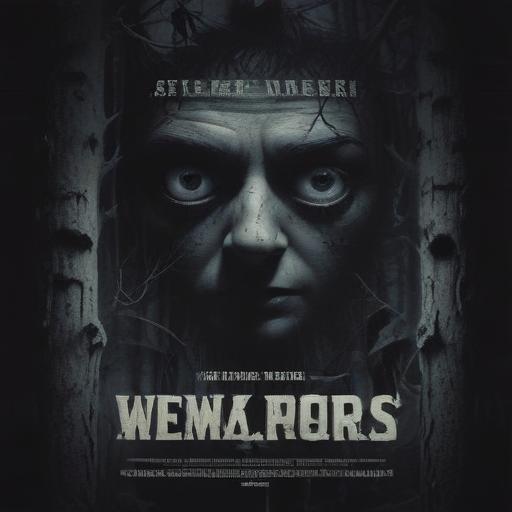Zach Cregger’s follow-up to his acclaimed horror film “Barbarian,” titled “Weapons,” takes a darker plunge into the genre, evoking comparisons to the works of Stephen King. Set against the backdrop of a chilling true story, the narrative unfolds in a suburban community grappling with the mysterious disappearance of nearly an entire class of elementary school children one night. The film combines elements of psychological horror with supernatural themes, highlighted by a character in unsettling clown-like makeup.
“Weapons” showcases Cregger’s skills as a director, presenting atmospheric cinematography by Larkin Seiple and a haunting score by Ryan and Hays Holladay, which enhances the film’s relentless tension. Despite its strong visual aesthetic and capable performances, particularly from Julia Garner as the teacher Justine, the film struggles to deliver a coherent mythos to support its more intense twists into witchcraft horror.
Early scenes depict the panic following the children’s vanishing, where Justine and a lone student, Alex, find themselves scrutinized by the police and overwhelmed by community fear. As suspicions mount, Justine faces harassment and accusations, leading her to seek refuge in alcohol and complicating her interactions with the law, portrayed by Alden Ehrenreich.
The film’s narrative is structured in chapters that offer multiple perspectives on the unfolding mystery, reflecting the chaos of the community’s reaction. As Justine and grieving father Archer (Josh Brolin) team up to uncover the truth behind the disappearances, their journey reveals deeper, underlying tensions within their town.
While the film draws parallels to societal issues such as gun violence and parental fears, it ultimately falls short of delivering a profound exploration of these themes. Nevertheless, its blend of humor and horror, well-crafted visuals, and gripping performances contribute to a unique, if flawed, cinematic experience. The movie culminates in a violent and chaotic resolution, echoing themes of innocence lost and communal despair.
In the face of genre challenges, “Weapons” positions Cregger as a promising voice in horror, showcasing his ability to meld unsettling humor with genuine dread. While there may be gaps in depth and narrative cohesion, the film heralds a direction that invites future explorations into the darker corners of the human psyche, fostering hope for Cregger’s evolution as a filmmaker.
